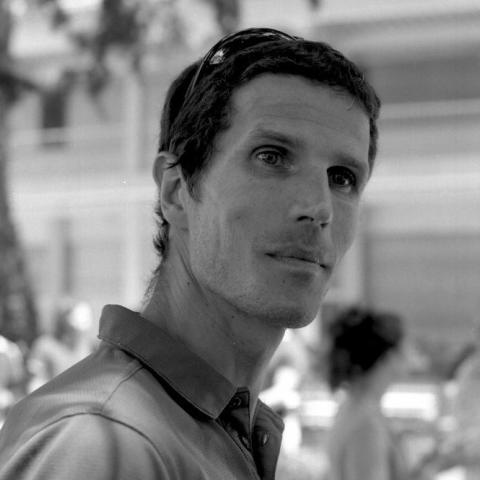ADRIEN QUINTARD
Directeur de recherche (CNRS)
- Imprimer
- Partager
- Partager sur Facebook
- Partager sur X
- Partager sur LinkedIn
SeRCO

Coordonnées
Bâtiment : Chimie C
Bureau : 116
Tél. : 0476187846
adrien.quintard@univ-grenoble-alpes.fr
Site web :
Réseaux sociaux :
Curriculum vitae
- CURRENT POSITION
Since 2022 CNRS permanent researcher Département de Chimie Moléculaire (DCM), Grenoble-Alpes University, France
- PREVIOUS POSITIONS
2014-2022 CNRS permanent researcher Institute of Molecular Sciences (iSm2), Aix-Marseille University, France
2013-2014 Research associate (PI of ANR starting grant: PLURICAT (2013-2017)). Institute of Molecular Sciences (iSm2), Aix-Marseille University, France
2012-2013 Post-doctoral associate Institute of Molecular Sciences (iSm2), Aix-Marseille University, France
2011-2012 Post-doctoral associate University of Stanford, USA. (Professor B. M. Trost).
- EDUCATION
2017 Habilitation à Diriger des Recherches (HDR) Aix-Marseille University
2011 PhD Universiity of Geneva, Switzerland. (Professor A. Alexakis).
2007 Master CPE engineering school and University of Lyon, Lyon, France
2004 Technical university school (DUT) University of Toulouse III, Toulouse, France
- AWARDS
2021 CNRS bronze medal
2021 Prix Départemental de la recherche en Provence Jeune Chercheur
2018 Thieme Chemistry Journals Award
2017 Marc Julia Emergence prize of the Division de Chimie Organique of the French Chemical Society
Publications
See full list detail:
Research
In order to find innovative solutions to divers chemistry problems, a part of our work is centered on catalysis. This opens new avenues for the faster construction of molecules with high bioactivity profile such as natural products fragments but also for the development of new smart materials or molecular machines.
.In this context, different catalytic transformations have been developed in order to find solutions to fundamental synthetic problems. In order to build up more efficient transformations, we develop new synthetic methodologies combining widely available and cheap starting materials to transform them simply into valuable building blocks, opening new avenues for the synthesis of molecules of interest with high bioactive profiles. In order to develop the most efficient routes, we do not exclude any catalytic activation modes and instead try to find the best possible strategy from metal catalysis using for example iridium to cheap iron or copper catalysts or applying complementary organocatalysis. Finally, if there is a limitation at using one-single activation mode, we combine the best from two worlds in multicatalysis.
Aside from the synthesis of natural products scaffolds or bioactive molecules, catalysis can be applied to other fields. Most notably, our group recently transposed some of the catalysis principles to supramolecular chemistry. Catalytic transformations were used to build up new scaffolds for anion binding or supramolecular materials. In addition, catalytic transformations were also used to fuel new molecular machines and smart materials with temporal control.

- Imprimer
- Partager
- Partager sur Facebook
- Partager sur X
- Partager sur LinkedIn